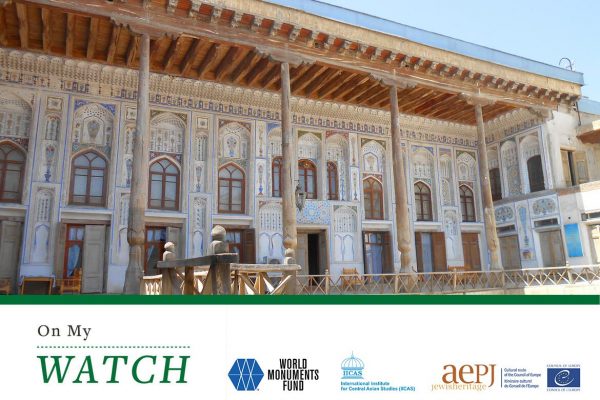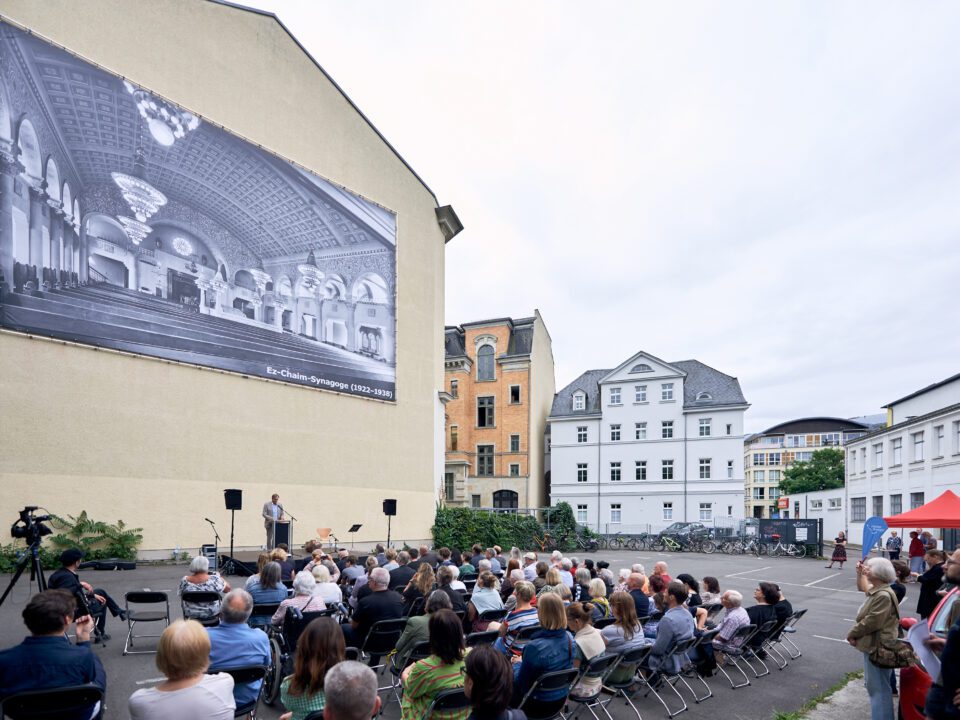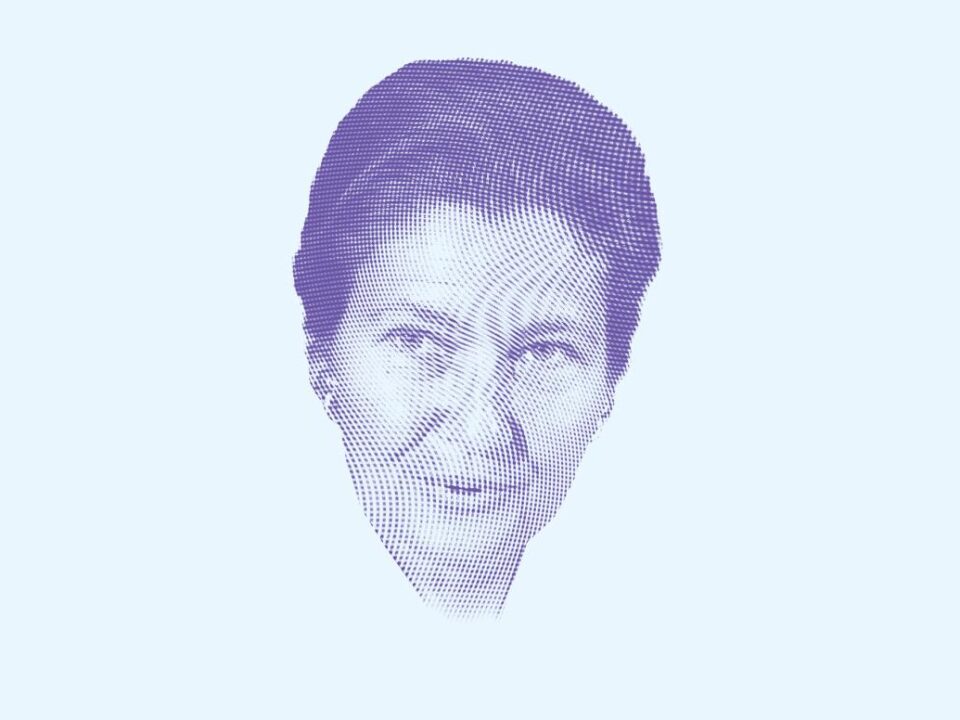WMF celebrates Bukharian Jewish heritage in partnership with IICAS and AEPJ


Home to an isolated part of the Jewish Diaspora for over two millennia, the Uzbek city of Bukhara is characterized by its traditional houses–exceptional representations of the woodworking craft developed by Bukharian Jews over centuries. Today, less than 200 Bukharian Jews remain in Bukhara’s old Jewish mahallah, and its traditional houses were included on the 2020 World Monuments Watch to raise awareness of the growing threats of disappearance and inappropriate alterations. With a small number of community members still in Bukhara, how can we ensure the documentation and protection of these unique examples of vernacular architecture? How can we design adequate standards for their conservation and adaptive reuse?
Join us on September 30 for an online discussion exploring how WMF’s project in Bukhara, launched in 2020 with the International Institute for Central Asian Studies (IICAS), can address these questions by using new digital technologies, community engagement, and knowledge exchange.
This event will feature a panel discussion between Dr. Ona Vileikis, heritage expert and senior researcher at the University College London (UCL) and the International Institute for Central Asian Studies (IICAS); Dmitriy Voyakin, Director of IICAS; and Sukhrob Babaev, Director for Strategic Development of IICAS and team lead in Bukhara of the Bukharian Traditional Jewish Houses WMF/IICAS project, and will be moderated by WMF Program Manager Javier Ors Ausín. The event will also include a virtual site visit and interviews with community members from Bukhara and New York City including with Aron Aronov, founder of the Bukharian Jewish Museum in Rego Park, NY, who is known as the unofficial mayor of Little Bukhara in New York City.


